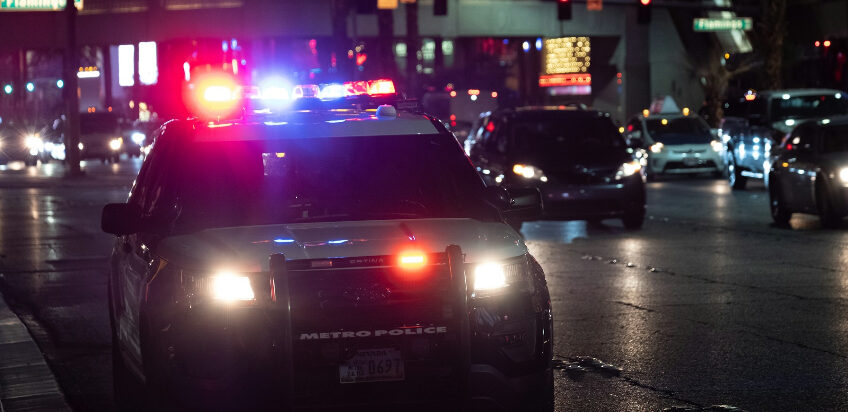Understanding the extent of law enforcement’s duty to protect individual citizens is crucial for assessing public safety expectations in New Jersey. While police play a critical role in maintaining order and preventing crime, the legal framework around their obligation to protect specific individuals is nuanced and shaped by various legal principles applicable within the state. Here’s an exploration of the legal perspectives regarding the duty of police to protect citizens in New Jersey:
General Law Enforcement Responsibilities
Law enforcement agencies in New Jersey, like elsewhere, are primarily responsible for upholding public safety, enforcing laws, and ensuring community security. These duties encompass a wide range of activities aimed at maintaining order and protecting the public.
Limited Duty Doctrine
In legal terms, New Jersey adheres to the principle of a limited duty of police to protect individual citizens. This principle is rooted in judicial interpretations and legal precedents that define the scope of law enforcement’s obligations:
- Public Duty Doctrine: Under this doctrine, police agencies owe a general duty to the public at large rather than specific individuals. This means their primary responsibility is to maintain public order and safety for the entire community.
- Special Relationship Exception: In certain situations, courts may recognize a special relationship between law enforcement and an individual, creating a heightened duty of care. This could include specific assurances of protection or circumstances where police have undertaken affirmative actions that create reliance on their protection.
No Constitutional Right to Police Protection
It’s important to note that under both federal and New Jersey state law, there is no constitutional right for an individual to receive police protection. Courts have consistently held that while police have a duty to enforce laws and respond to emergencies, they do not have an absolute obligation to prevent all harm to every citizen.
Legal Precedents and Case Law
Legal interpretations and case law in New Jersey further define the parameters of police duty to protect citizens. Past court decisions often shape current understandings of when law enforcement may be held liable for failing to prevent harm in specific circumstances.
Community Safety and Expectations
Despite the limited duty doctrine, law enforcement agencies in New Jersey strive to uphold public trust and confidence by responding promptly to emergencies and diligently investigating crimes. Community safety remains a top priority, and police departments work collaboratively with residents to address concerns and enhance security measures.
Conclusion
Navigating the legal complexities of police duty to protect citizens in New Jersey requires a nuanced understanding of legal doctrines and case law. While law enforcement agencies play a critical role in safeguarding public safety, the scope of their duty to protect individual citizens is circumscribed by legal principles that prioritize broader community welfare. For individuals seeking further clarity on their rights and expectations regarding police protection, consulting with legal professionals familiar with New Jersey law can provide valuable guidance and insights. Understanding these legal perspectives helps foster informed discussions on enhancing public safety and ensuring accountability within law enforcement practices.
